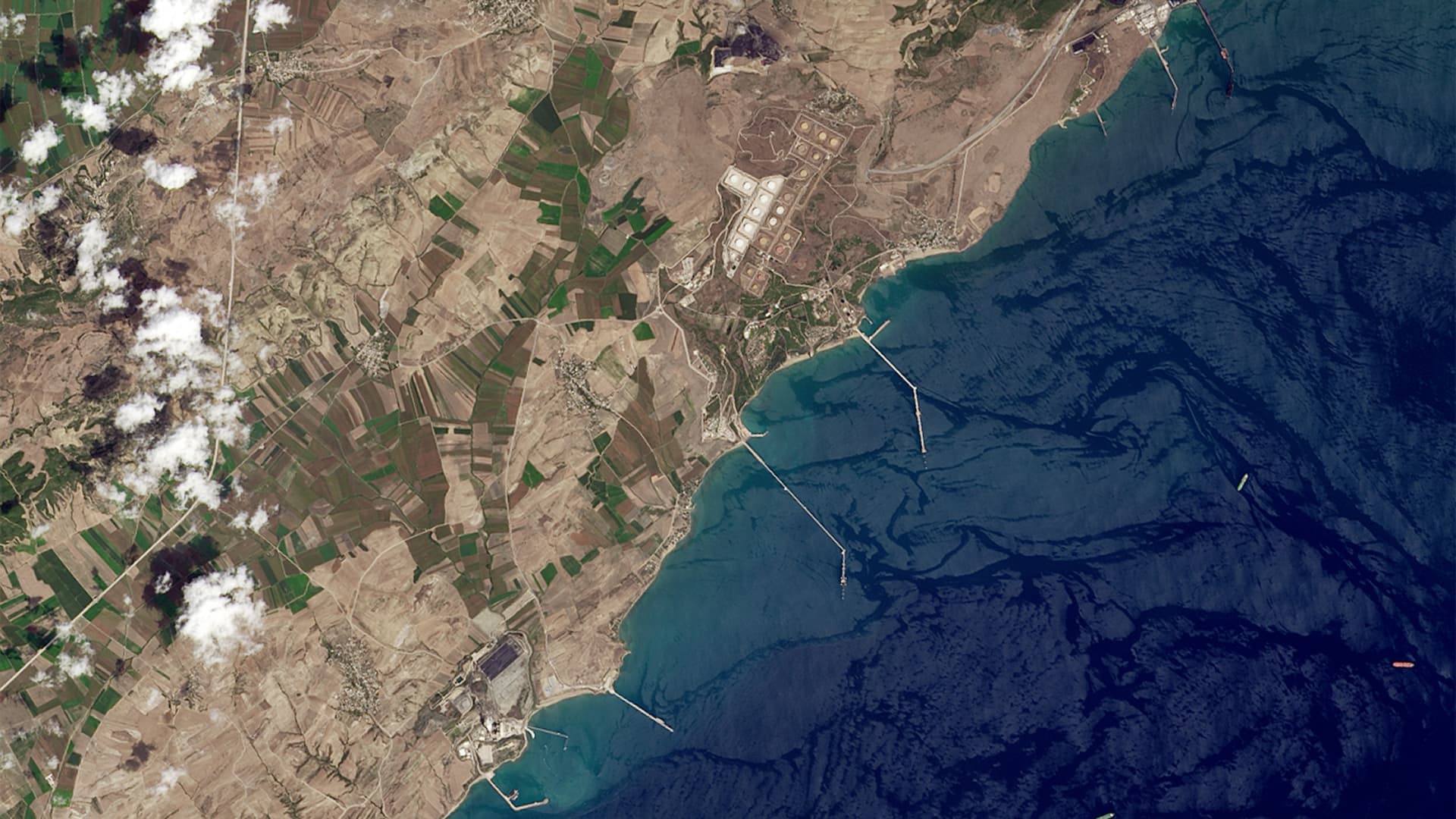Adverse weather conditions are obstructing loading operations at Turkey’s Ceyhan port, where the impact of Monday’s immense twin earthquakes is still being assessed, according to oil traders and shipping sources.
Operations were interrupted at the Ceyhan oil port — a critical hub for the discharge of crude oil and oil products, along with the loading of Azeri crude and a stream of Iraqi crude oil — on Monday, following two earthquakes that devastated Turkey and Syria, leaving over 5,000 dead. Turkey has declared a three-month state of emergency at regions struck by the earthquakes.
Damage to the port is still being determined. Seasonally poor weather conditions are now impeding loadings, according to multiple shipping and trade sources who spoke on condition of anonymity.
Ceyhan port serves state-owned refiner Tupras and Azerbaijani Socar’s Turkey-based Star refinery. It also exports volumes of two crude oil streams — the Azeri crude oil delivered through the Baku-Tbilisi-Ceyhan (BTC) consortium’s pipeline, and the Iraqi Kirkuk blend crude oil transferred through the separate Kirkuk-Ceyhan pipeline. Loadings of the two crude oil terminals are undertaken from two different points within Ceyhan port, with BTC crude oil leaving the BTC terminal, while the Kirkuk blend sails from the Botas terminal.
Lawk Ghafuri, spokesperson for the Kurdistan Regional Government, told CNBC that the Kirkuk-Ceyhan pipeline that transits Iraqi Kirkuk blend crude oil for seaborne export into the Mediterranean had not restarted flows as of Tuesday morning, after interrupting deliveries on Monday.
Ghafuri added that the pipeline has not sustained damage as a result of the earthquakes. An oil trade source familiar with KRG operations told CNBC that the pipeline could likely begin flows later Tuesday.
An oil tanker ship is awaiting to berth to load Kirkuk blend crude.
Three trade sources, who preferred to remain anonymous as they are not allowed to talk publicly on the issue, estimated that the BTC terminal could see a longer restart, as local damage is still being assessed.
One trade source and a shipping source pointed to potential impact on a tank, although it was not immediately clear if damage was sustained.
The Botas International company, which operates the BTC pipeline section that traverses Turkish territory, said on Monday that no damage was detected on the crude pipeline at the time, according to a Google translation.
Azeri crude state producer Socar did not immediately respond to a CNBC request for comment.
The front-month Ice Brent contract with April delivery was trading at $82.25/bl at 15:54 GMT, up by $1.26/bl from the previous close price. The Nymex WTI contract with March expiry was at $75.66/bl, higher by $1.55/bl from the Monday settlement.
